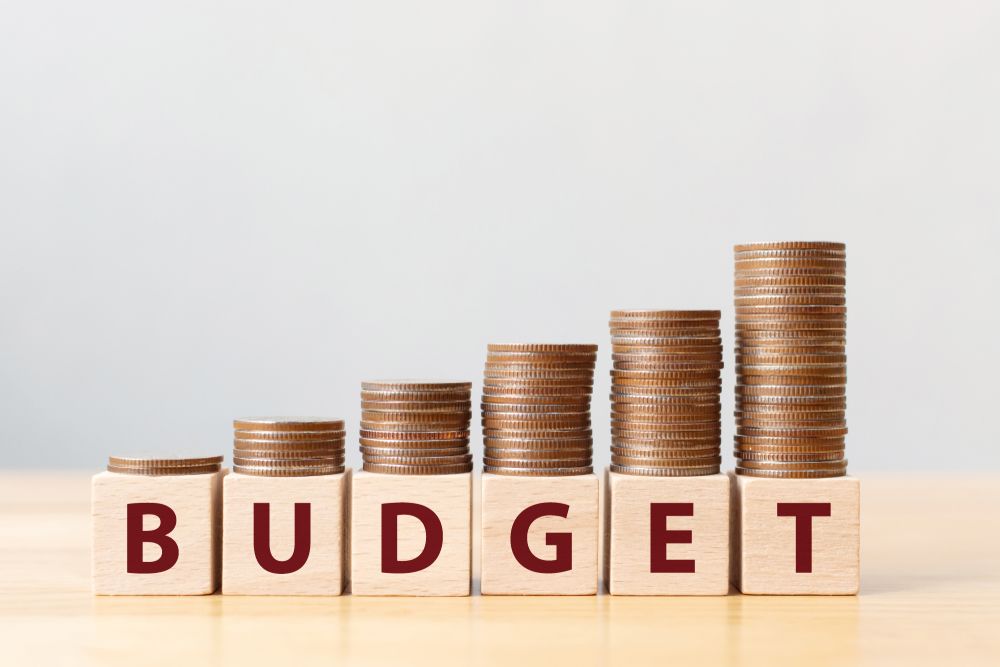
Welcome to our deep dive into creating a budget that doesn’t just keep your finances in check but also promotes your mental health and wellness. In a world where stress is often a common companion, managing your money wisely can be a powerful step toward maintaining mental equilibrium. In this article, we’ll explore how to set up a budget that supports your mental well-being, ensures your financial stability, and allows you to thrive in all aspects of life.
Understanding the Connection Between Finances and Mental Health
Money is more than just currency; it’s intricately linked to our sense of security, freedom, and well-being. Financial troubles can lead to significant stress, anxiety, and even depression, while a stable financial situation can provide peace of mind. It’s essential to recognize that how we allocate our funds can profoundly impact our mental health.
When crafting a budget, consider the psychological benefits of having an emergency fund—it’s not just about the money saved but also about the reassurance it provides. Similarly, allocating resources for personal care, such as therapy, gym memberships, or wellness retreats, is an investment in your mental health.
Setting Financial Boundaries for Mental Wellness
Budgeting isn’t just about cutting costs; it’s about setting boundaries that protect your mental health. This means prioritizing spending on areas that bring you joy and peace while reducing expenses that cause stress or guilt. For example, if dining out with friends is essential to your social well-being, make room for it in your budget, but perhaps cut back on impulsive online shopping that may later lead to buyer’s remorse.
Incorporate regular financial check-ins with yourself to assess whether your spending aligns with your mental health goals. If you find that your current financial habits are causing tension, it’s time to rethink and adjust your budget accordingly.
Investing in Self-Care Without Breaking the Bank
Self-care is a vital component of mental wellness, but it doesn’t have to be expensive. While you may want to budget for certain indulgences, there are plenty of low-cost or free self-care practices that can be just as effective. Activities like meditation, journaling, or taking a walk in nature can be powerful tools for maintaining mental balance and are incredibly budget-friendly.
When creating your budget, be realistic about what self-care means to you and find ways to incorporate it without overspending. Prioritize experiences over material goods, and remember that the simplest activities often yield the most significant benefits for your mental health.
Establishing a Safety Net for Peace of Mind
One of the most anxiety-inducing aspects of finance is the fear of the unexpected. Building an emergency fund can alleviate this stress by providing a financial cushion to fall back on in times of need. Aim to save at least three to six months’ worth of living expenses, and consider this fund an investment in your mental tranquility.
While the idea of setting aside such a sum might seem daunting, start small and build up gradually. Even a modest emergency fund can offer a sense of security that contributes positively to your mental health.
Balancing Fun and Responsibility
A budget that’s too restrictive can actually harm your mental health, creating a sense of deprivation and resentment. It’s important to find a balance between being responsible with your money and allowing yourself to enjoy life. Allocate a portion of your budget to activities and purchases that bring you happiness, as this can boost your mood and overall well-being.
Remember, a budget is a tool to help you live your best life, not a punishment. By balancing fun and responsibility, you create a sustainable and mentally supportive financial plan that can carry you through both good times and challenging ones.
Crafting a budget that supports your mental health and wellness is an act of self-care that extends beyond numbers and spreadsheets. It’s about understanding the psychological impact of financial stability and making conscious decisions to ensure your money serves your overall well-being. By setting financial boundaries, investing in affordable self-care, establishing a safety net, and balancing fun with responsibility, you create a budget that supports a healthy, happy, and mentally balanced lifestyle. Remember, the goal is not merely to survive financially but to thrive in every aspect of your life.
